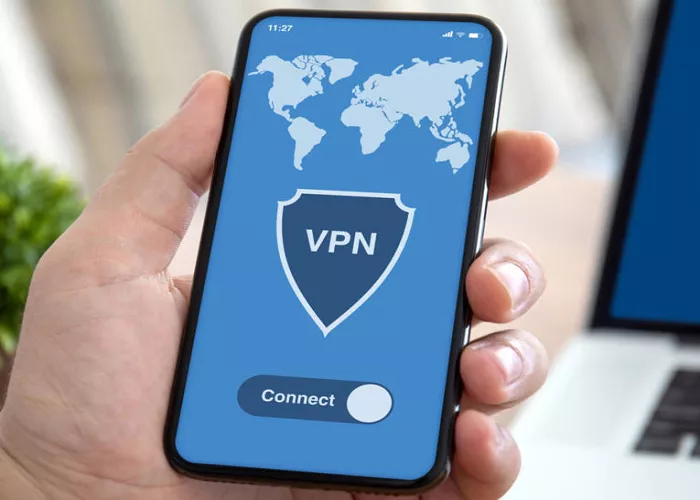Server count has long been a standard metric for evaluating the quality of a VPN service. Leading providers often use large server numbers as a selling point to attract users. However, NordVPN believes it’s time to shift the conversation away from sheer quantity toward factors that directly impact user experience, such as server bandwidth, speed, and reliability.
“The idea that more VPN servers automatically means a better service isn’t necessarily true,” said Marijus Briedis, CTO of NordVPN, in an interview with TechRadar. “We need to start talking about this.”
What Really Matters in VPN Servers
VPN servers play a crucial role in how VPNs work. When you connect to a VPN, your internet traffic is rerouted through the provider’s network of servers, which helps mask your IP address. While a global server presence is important for accessing international content, the user experience matters more. As Briedis put it, “More roads don’t solve traffic problems if they’re in poor condition. What matters more is having high-capacity lanes and well-planned routes.”
Briedis argues that VPNs should be thought of more like Internet Service Providers (ISPs). “ISPs don’t advertise how many servers they have worldwide; they focus on network capacity and connection quality,” he said.
A Real Breakthrough or Old News?
For years, the VPN industry has focused on server count as an easy-to-understand metric. However, some industry experts, like TechRadar’s Lead Security Reviewer Mike Williams, argue that this focus on quantity may not be as impactful as quality. “The number of servers doesn’t tell us much about the actual user experience. To get a clearer picture, we would need usage stats, but that data is usually commercially sensitive,” Williams explained.
While Williams agrees with NordVPN’s shift in focus, he remains skeptical that it will significantly change the industry. “Most providers won’t abandon the server count as a benchmark anytime soon. Still, NordVPN deserves credit for encouraging a more nuanced approach to user experience,” he added.
Briedis responded, saying that NordVPN aims to keep server load under 30% to ensure optimal performance in each location. “For us, this is a key quality component,” he explained.
The Future of VPN Quality
Ultimately, NordVPN’s goal is to prioritize the overall user experience rather than focusing on raw numbers. “We need to talk about the user experience in general. This is one of the key strategic areas we can focus on moving forward,” Briedis concluded.


